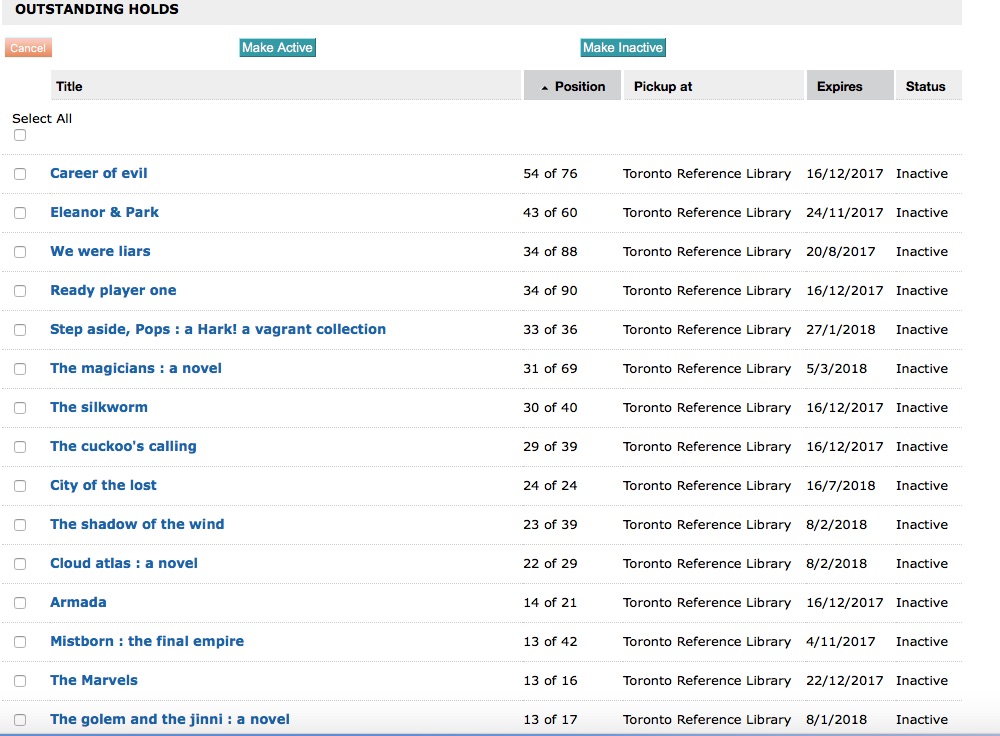 Let me start this book review by saying that in spite of every fault that I found with this book, I still enjoyed it. It was a very quick and fun read. I did roll my eyes a lot while reading it. But it was also such an easy world to dive that I can easily see myself re-reading it (although I don't own a copy and got one from the library).
Let me start this book review by saying that in spite of every fault that I found with this book, I still enjoyed it. It was a very quick and fun read. I did roll my eyes a lot while reading it. But it was also such an easy world to dive that I can easily see myself re-reading it (although I don't own a copy and got one from the library).
This review is mostly spoiler free. There might be some hints at things, but I am not explicitly stating anything.
This is a young adult fantasy novel set in imperial Russia, in 1825. There is a girl named Vika who is trained as an enchanter to potentially become an imperial enchanter for the tsar. However, it turns out that there is another enchanter, Nikolai, who is trained for the same purpose. Since according to the laws there can't be two enchanters, they have to enter the crown's game to proof their magic ability. It is fight to death as there can only be one enchanter alive.
I loved the premise of the book. It is a fast read told in third person (thank goodness) but the point of view switches to show us what is happening with different characters. Some of chapters are extremely short, which makes it feel as if you are flying through this 400 paged book.
I won't go much into detail about the plot itself. I think that the author did a good job describing the political situation of that time. Saint Petersburg is described very vividly as the life of common folk. I enjoyed that. I also liked the magic parts too. However, I did have a problem with the magic system itself.
When an author creates a fantasy world and a magic system, the worst mistake is to make your protagonists so powerful that their magic is basically limitless. I think this is what happened here. Both Vika and Nikolai can turn things into animals and birds, change shapes and colours of things, control elements, like water and fire, give magic qualities to inanimate objects, etc. They seem to be able to do everything with little impact on themselves. They don't use spells or spell books or wands. They only use energy and that's it.
Only by mid game, and the game takes pretty much 90% of the book, it becomes obvious that that sort of energy comes with payback. However, the fact that those boundaries were not established at any point of the novel and are sort of appearing out of blue in the middle of it was not good. (Also, at the beginning it was said that both enchanters were splitting the magic from the magic heart of their country. But later they are said to be using their own energy which made it confusing.)
When your characters are so powerful, and Vika and Nikolai were almost matched in power, it means that there can't be a winner. In this case the games become pointless as nobody can be called a winner, especially in a situation when both characters do not want to fight each other.
So, what do we get then? We get a villain! Finally a real villain, who is very angry, vengeful and powerful. But once again we do not no limits of power of this villain. Besides the appearance of this character was so "deus ex machina" that it felt very artificial and forced. This villain had a potential of becoming a real threat for the world, and of though there were some fundamental things that were done and caused big changes, it could have been way grander. I feel that it should have eclipsed the game, but it didn't.
Plus, this villain was dealt with so quickly - it really annoyed me. The villain existed for, perhaps, a third of the book and felt as if was forced in and out of narrative.
I really liked the characters in the book - all of them: Vika, Pasha, Nikolai. I think Nikolai might be my favourite, though. I did find the love triangle to be a bit of a tiring trope, and the ending had a very Romeo & Juliet feel about it (if you know what I mean). (And I also think that Nikolai would have been better off with Pasha, just saying *cough*) I did like the characters though. They seemed a bit immature at times and sometimes the fact that both Nikolai and Pasha sneaked into bars and taverns completely unrecognized seemed very unconvincing to me, but oh well.
I think the author liked the world and the characters she created so much that she didn't want to put them into a real danger, which is understandable (I did like the characters too as I mentioned!) but it is dangerous to do so as a writer, as you basically kill any plot in the book. If there is no danger or conflict - there is no point of telling a story.
In spite of plot holes and some shallowness and repetitiveness to the whole "the game is everything and I must kill my opponent because there can be only one of us but I don't want to do it but I have to" spiel, I found the book rather engaging. I am looking forward to reading book 2. Although I do hope it will fix everything that was wrong in book 1 from cultural perspective.
Here is the part 2 of my review in which I dissect everything the author got wrong when it comes to Russian culture, language, etc. I will try to avoid major spoilers.
I made a video review of this book in which I got really emotional about certain cultural mistakes in this book. I might have made it seem as if I was really upset by it. And I was. And still am. However, I do understand that someone who knows nothing about Russian Empire or Russian culture as a whole, obviously, will still enjoy the book for what it is worth. Whatever inconsistencies that I found do not hinder the plot in any way. I just found it very annoying that even though the author claimed to have done the research (and Evelyn in fact majored in Slavic languages and literature), there were still so many tiny things that she got wrong.
All of this could have been avoided if the author had a Russian speaking proofreader. I, obviously, don't know how publishing world works and if authors have the luxury of sharing their unpublished works or pieces of it with people outside of publishing circle (I feel that the answer might be a no), but I am pretty sure it is possible to get at least someone to double check some details, if needed.
I don't want it to seem as if I am personally attacking the author - god forbid! It is the last thing on my mind. I just want to show that, once again, research is everything, and even when you think that you know enough - double check your facts!
If you are not a Russian speaker or know nothing about the culture, this part of the review might seem to you as if I am nitpicking. But if other cultures have the luxury of pointing out everything that is wrong when they are represented in the media, why can't I?
I hope you will enjoy this part of my review too. Perhaps, you will learn something ;)
1) It was the most glaringly obvious mistake. Or rather it is a typo that slipped past the editor and/or author in the final product and it got repeated over and over.
There is a certain magic place that is mentioned as a meeting point for the tsar and the potential enchanters and it is called in Russian "Bolshebnoie Duplo" (The Enchanted Hollow). The problem is that there is a typo in "bolshebnoie". It is supposed to be "Volshebnoie". The first letter is wrong. It made me both laugh hysterically and roll my eyes when I read it first. But that is the editorial mistake.
However, the choice of word "duplo" is most probably a mistake of the author.
You see, English word "hollow" can mean an empty space or a cavity within anything. OR it can mean a valley. "The Enchanted Hollow" as a title for a meeting place in the book is a perfect choice. But the Russian word "duplo" has only 2 meanings: one is a cavity in a tree and another is a cavity in a tooth. That's it. "Duplo" in no way has the same broad meaning as "hollow". The meeting place was actually within a mountain which made its name "volshebnoie duplo" freaking hilarious. if I had to pick a word, I'd call it something like "volshebny grot" (the enchanted cave), but not "duplo". Never a "duplo".
2) The author does a great work describing typical food and cuisine in her book. I was really impressed as usually westerners' knowledge does not go beyond a potato salad (which is not a Russian dish, by the way - it is German/Austrian) or a cabbage soup. Evelyn mentions a lot of different types of food and there is only one tiny mistake that made me raise an eyebrow.
One of the most famous types of Russian bread is a dark rye bread which is very well-known to any Russian speaker as "Borodinsky" bread. The title of the bread comes from the battle of Borodino, which happened during war with Napoleon in 1812. But the bread itself was officially named like this (or rather the recipe for this sort of very dark rye bread) only in Soviet times after 1917. I have always known that but I went online to double check myself - and, yes, the mentions of this bread as "Borodinsky" bread start only in 1930s. Which means that in 1825 there was no way it could have been called that as the October Revolution has not happened (yet).
I am bit on the fence about this one. On one hand, mentioning "Borodinsky" bread is a homage to Russian cuisine and any Russian speaker would know exactly what bread is mentioned when reading this book. On the other hand, I am annoyed that this goes against historical facts.
3) Names. Oh, the names. The choice of names is great in this book! Finally we get some diversity that goes beyond overused "Natasha"s and "Tatiana"s. Evelyn uses the names of real royal family members too. More so, she even goes for typical kazakh names and last names too, which is great.
However, the way she picks and choses who would get a short version of the name and who wouldn't. I think the reason for this might have been not to confuse poor westerners with crazy abbreviations and pet names and diminutives. But for a Russian speaker's ear it was a bit weird to have Pasha (which is a diminutive for Pavel) but to name Nikolai only by his full name and not a short version of Kolya. Seeing as diminutives are used by family and close friends, having Nikolai address a tsar's son as Pasha, but Pasha calling Nikolai only Nikolai and nothing else, made it seem as if Nikolai was addressed politely and Pasha was not. Those two are close as brothers and yet one of them chooses to call his friend by his full name.
If it was politeness, I'd expect Nikolai to address Pasha more formally. But no.
Same thing for Vika. She is consistently addressed to as Vika, even though Vika is short for Viktoria. There was a passage in a book when she gets a formal invitation but she is mentioned as V. Andreyeva, which is a bit funny as she is never mentioned with her patronymic, while her father is and members of royal family are mentioned with their full names too (E.g., Pavel Alexandrovich Romanov).
I would also assume that the servants would be addressing Nikolai and Galina using first name and patronymic, not just first name, as it is a polite way. (Master Nikolai also works, but it was mentioned only a couple of times.)
Sergei and Galina, in spite of being siblings, also address each other by their full names. In case you are wondering: Galya is short for Galina and Seryozha - for Sergei. I would assume that at least at some point they'd revert to those diminutives.
3) The Russian language grammar is one of the most difficult in the world. I kid you not. It is worse than German and Chinese together. I am very happy that the author correctly used almost all words and phrases in the book. Including "Tvoe zdarovye" as "cheers/to your health" (which gets the most butchered by English speakers who confuse it with "za zdravye" which is a different saying). But "Myevo zdarovye" doesn't make sense as "myevo" is an incorrect form. It should have been something that sounds like "mayo" (mah-yo). Besides nobody ever says, even jokingly, "to my health". It will always be "to your health", even if it is meant as sarcastic and the person is drinking alone.
4) "Tikho" Mountain sounds like a cool name. "Tikho" means quiet. But it is not an adjective but an adverb in this case. Or an imperative. Should have been "Tikhaya" Mountain. Otherwise it seems as if you are trying to shush the mountain. (Which I find incredibly funny.)
5) Why, out of blue, do they call the scroll as "Russe" Scroll? Huh? Just so that we know for a fact that it is a Russian scroll? As I assume that it is a French "Russe" because it is not a Russian word that I can recognize. I would have picked a Russian world for the scroll that has rules to a very traditional game which is very important for the country's magic. Would have made more sense, right?
6) And the last but definitely not the least - at some point there is a very quick scene in a church, and there are mentions of pews and books of psalms. I am sorry, but there are no pews in Russian Orthodox Church! You can google the interior images if you want. People are only allowed to stand or kneel and that's it. There have never been pews and never will be. They might be present in Greek Orthodox Church, but not in Russian. Sometimes there are chairs or benches at far corners of a church, but they are not there for people who come for the mass. I have never in my life seen rows of pews in a Russian church (like in other Christian churches) or any books of psalms or bibles. Never ever.
I might have missed something but this is pretty much it.
Everything else was quite on point, I think. I do understand that the majority of these mistakes would have been difficult to research but that is why I said that authors should always strive to get a good proofreader or a beta or a consultant.
I went into this book with low expectations as I never expect any westerners to get Russian culture and more so the language right. But Evelyn did pleasantly surprised me. A lot of things (the historical and political background, cuisine, relationships between tsar and his wife and children, etc.) were quite well researched and represented. I just wish this book didn't feel so much as a debut novel. It has a lot of potential but both those little language/culture blunders and holes in the plot made me wish the author would have spent extra time on this novel.
Nevertheless, I do appreciate what Evelyn has done - she created one of the most unique fantasy worlds that exists on the book market right now. And the fact that it is my culture that is in question - made me even more happy.
Will I continue with the series? Yes. Will I re-read the book? Quite possible. (Will I ever stop laughing over "Bolshebnoie Duplo"? Probably never.)
I gave the overall rating of 3 stars to this book. It was not bad, but could have been better.
(Thank you for reading this far! Now I am thinking of reading Grisha trilogy. I wonder if it is better or?...)
Personal rating: 3 stars

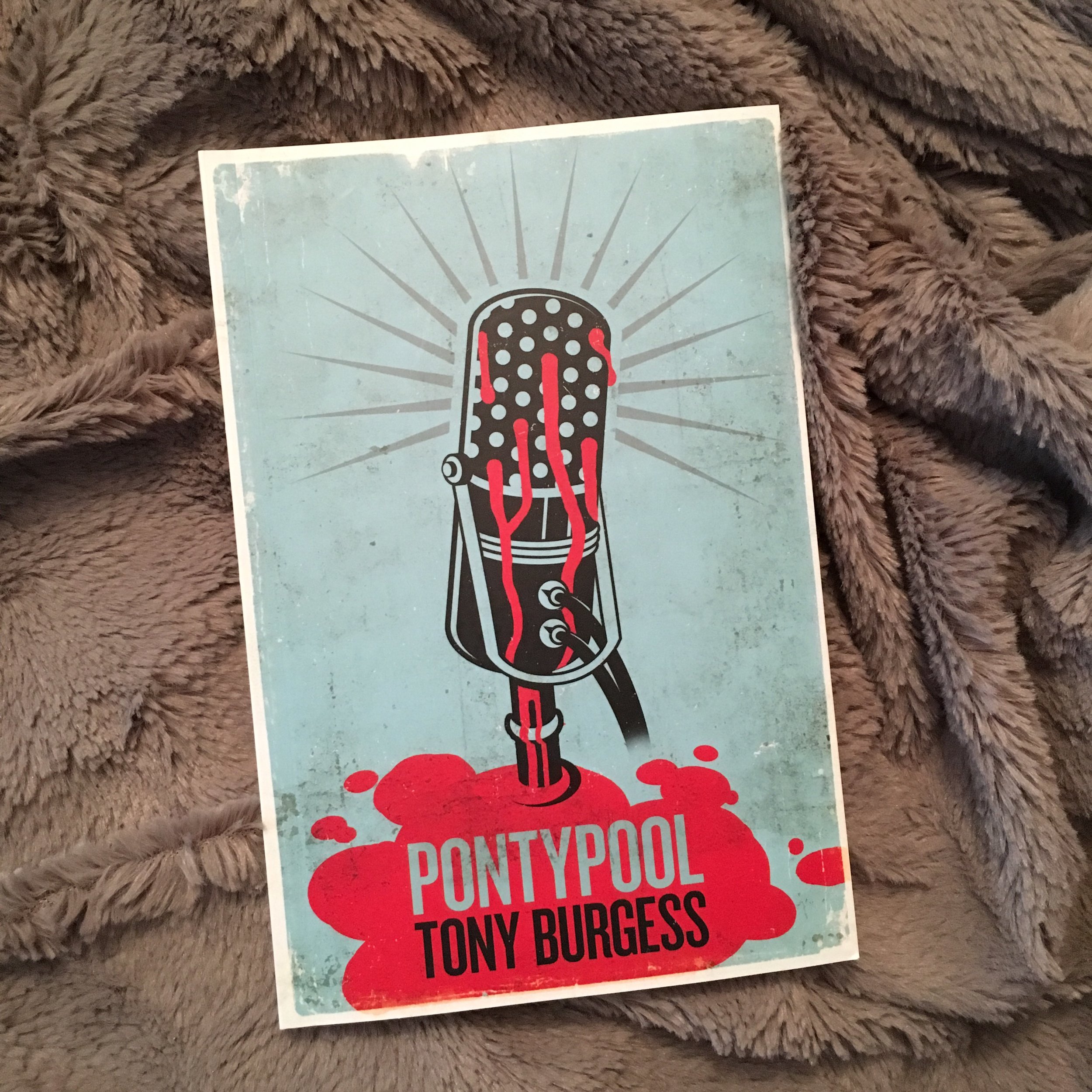


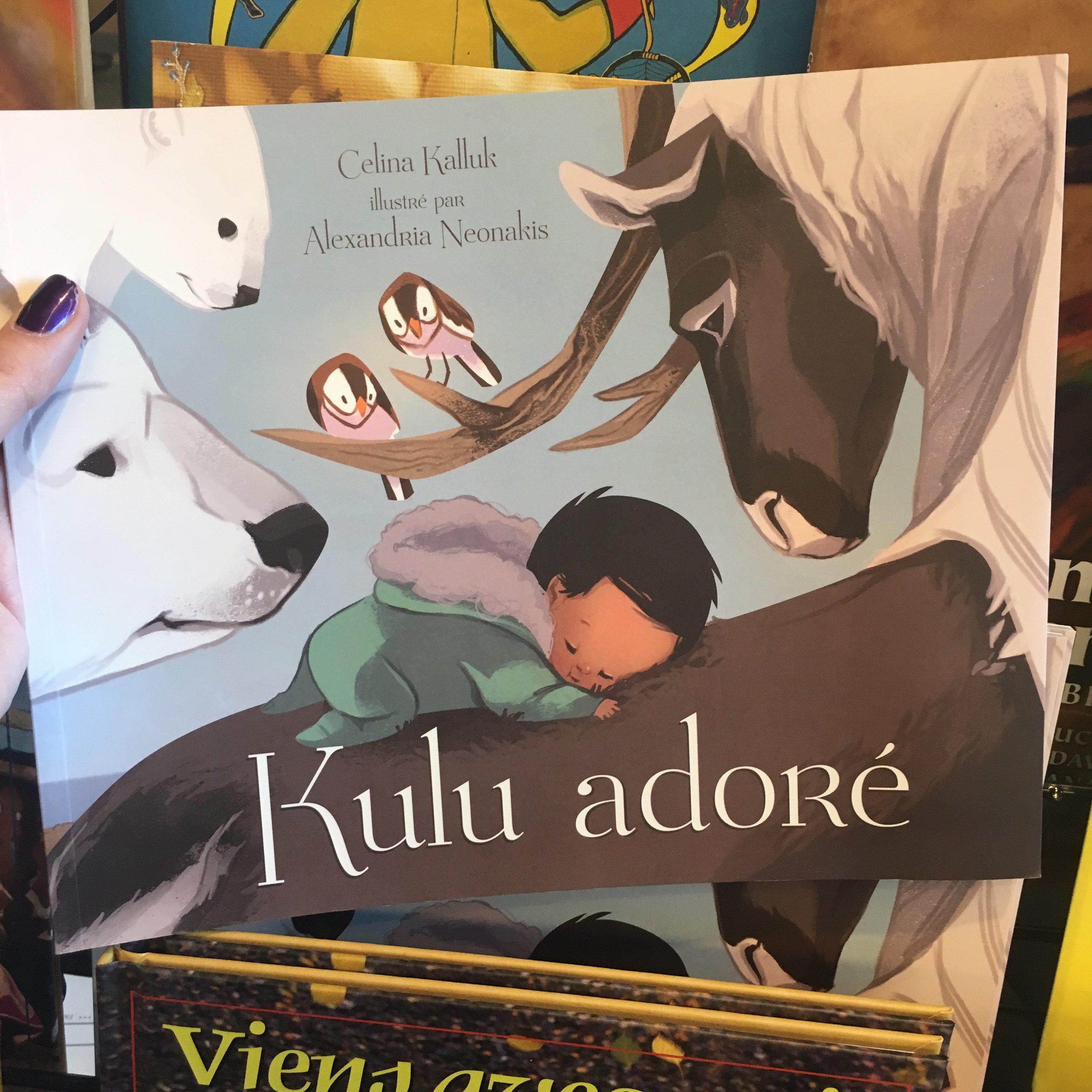

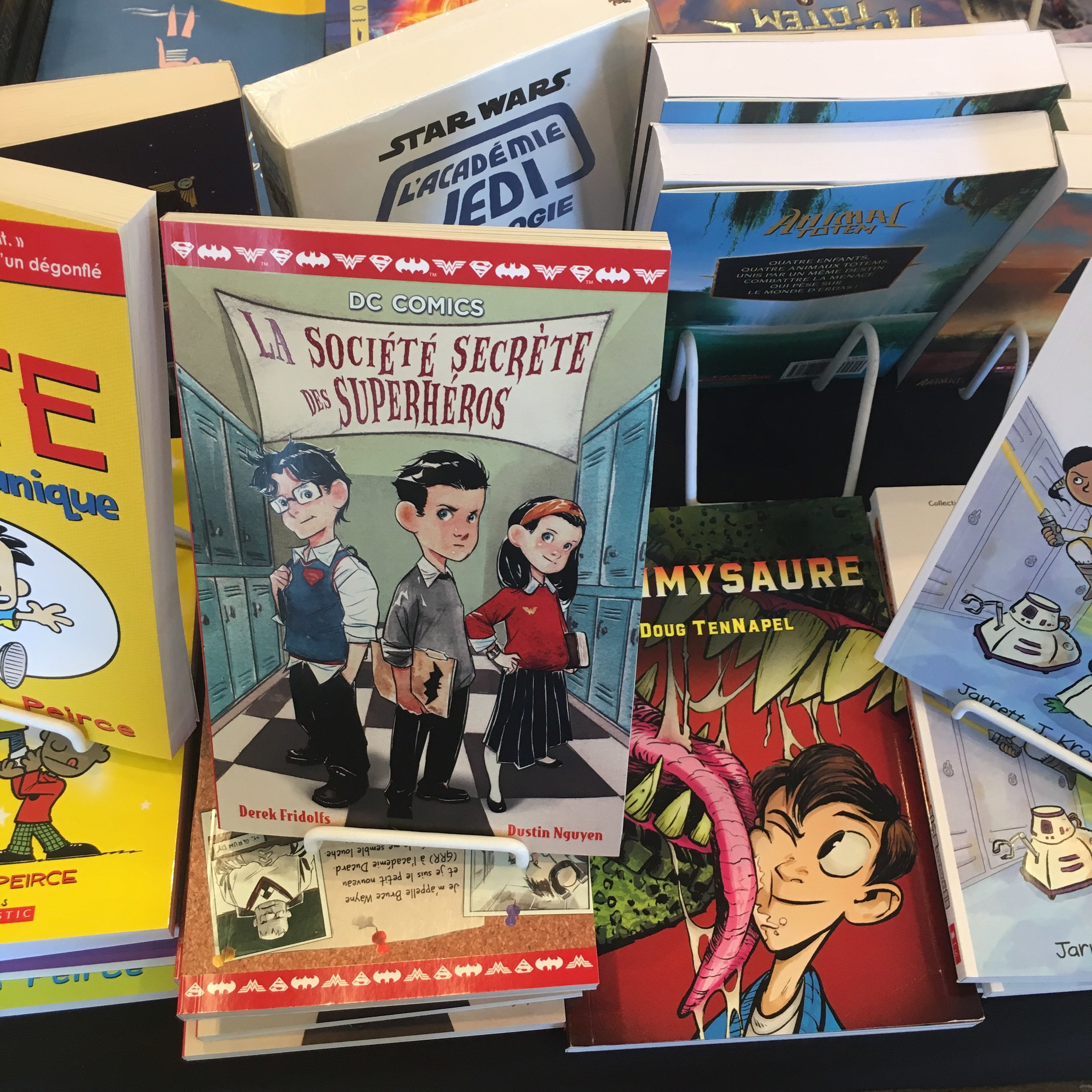
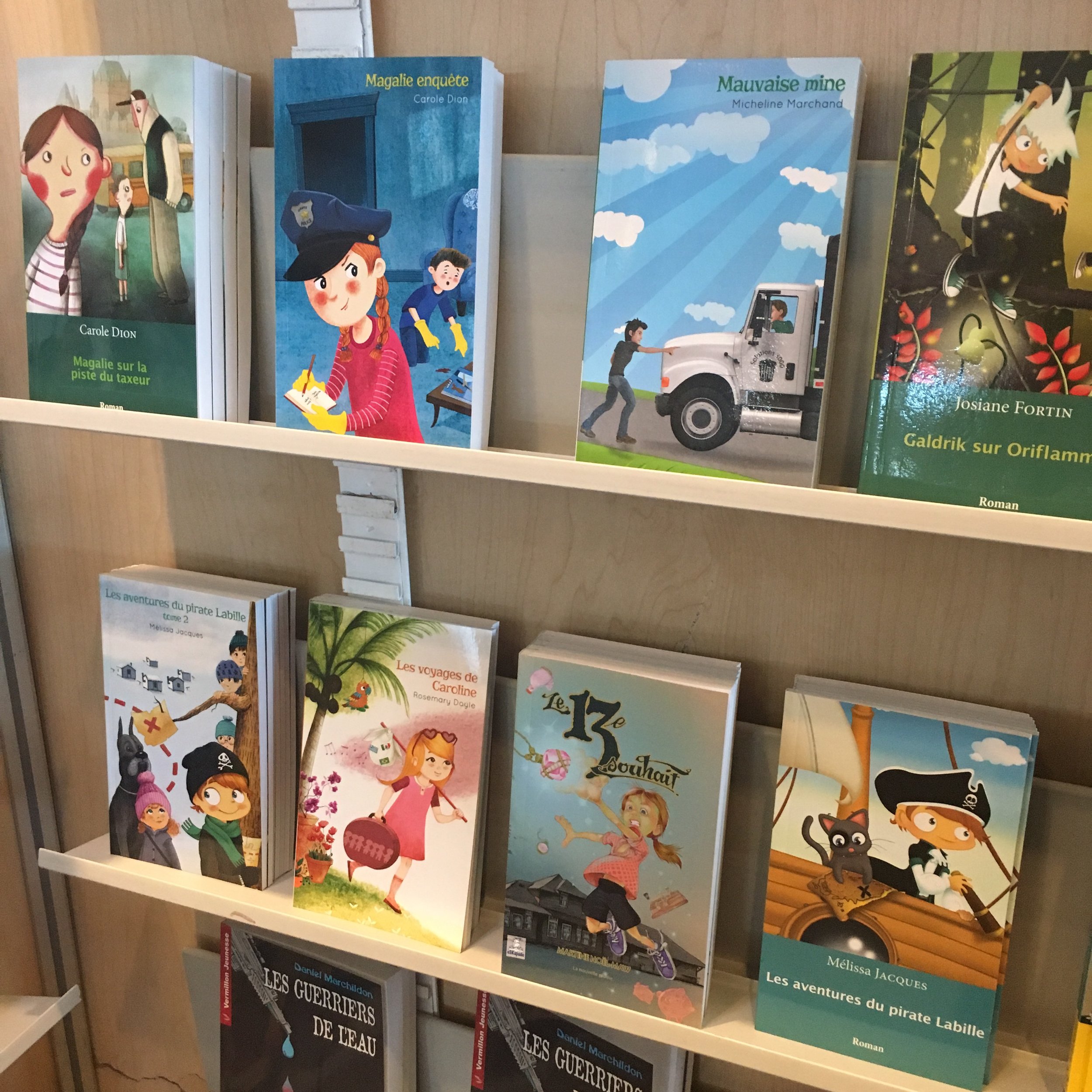

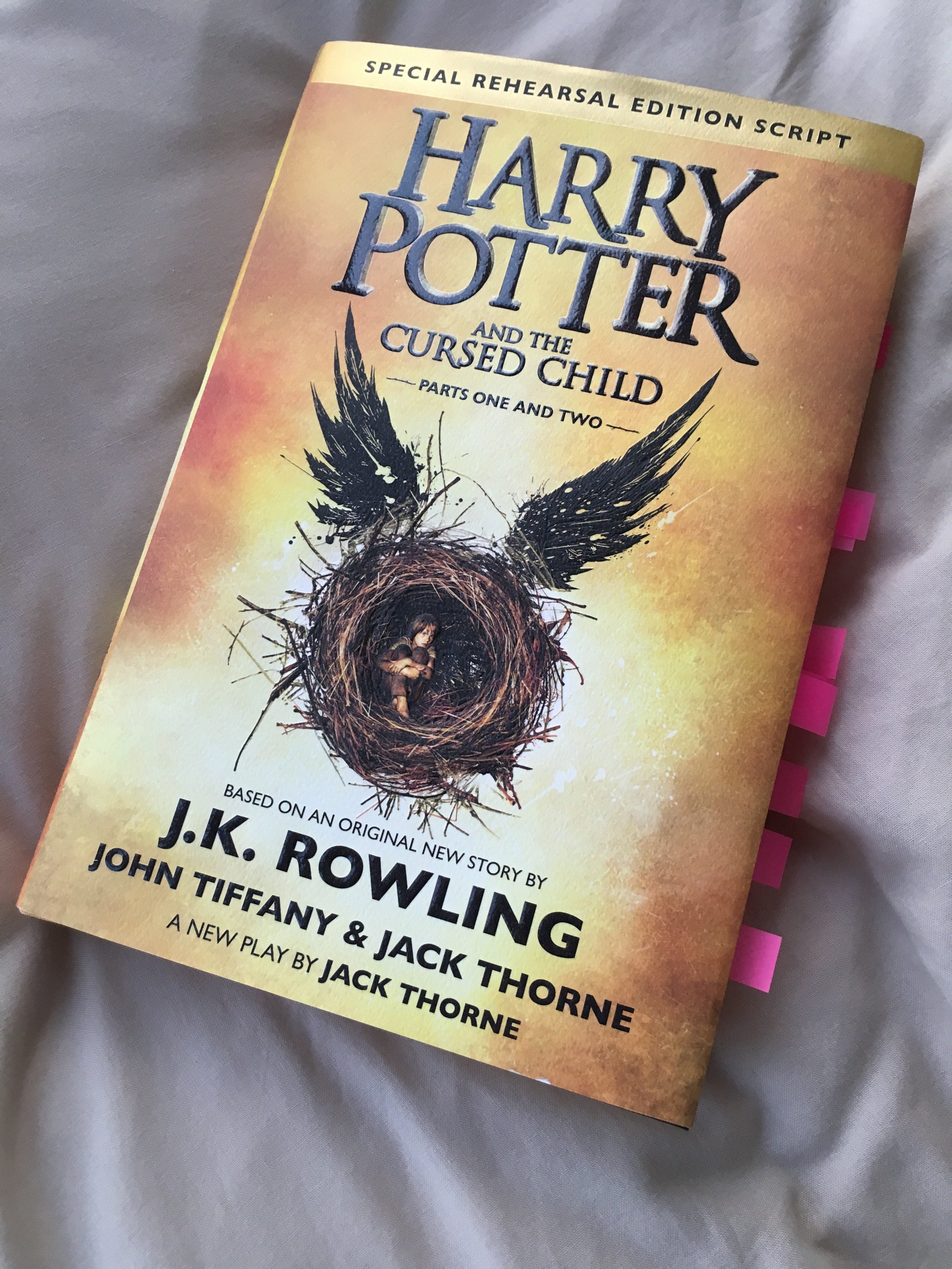 Allow me to talk about Harry Potter series first.
Allow me to talk about Harry Potter series first. Let me start this book review by saying that in spite of every fault that I found with this book, I still enjoyed it. It was a very quick and fun read. I did roll my eyes a lot while reading it. But it was also such an easy world to dive that I can easily see myself re-reading it (although I don't own a copy and got one from the library).
Let me start this book review by saying that in spite of every fault that I found with this book, I still enjoyed it. It was a very quick and fun read. I did roll my eyes a lot while reading it. But it was also such an easy world to dive that I can easily see myself re-reading it (although I don't own a copy and got one from the library).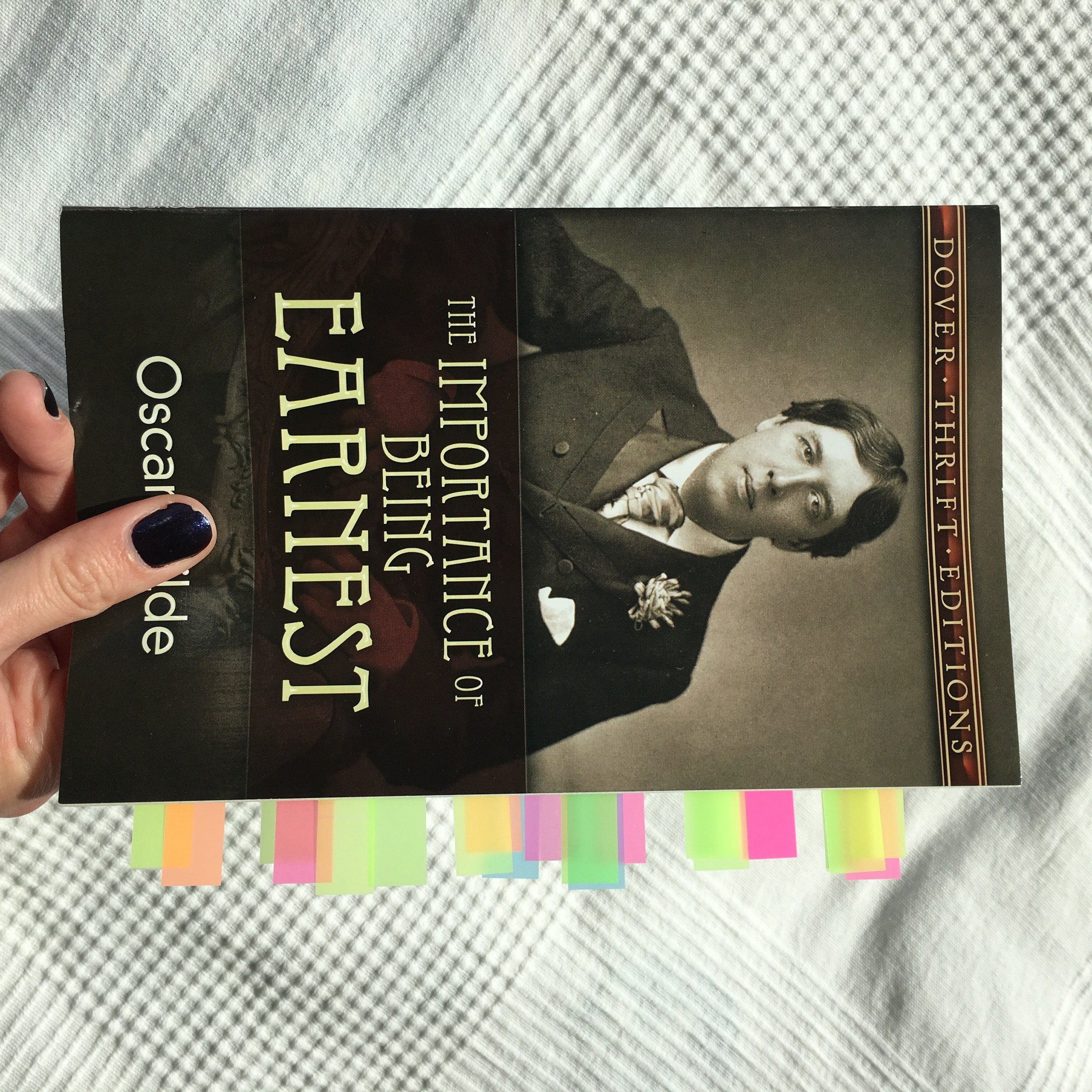 (Look at all those tabs!)
(Look at all those tabs!)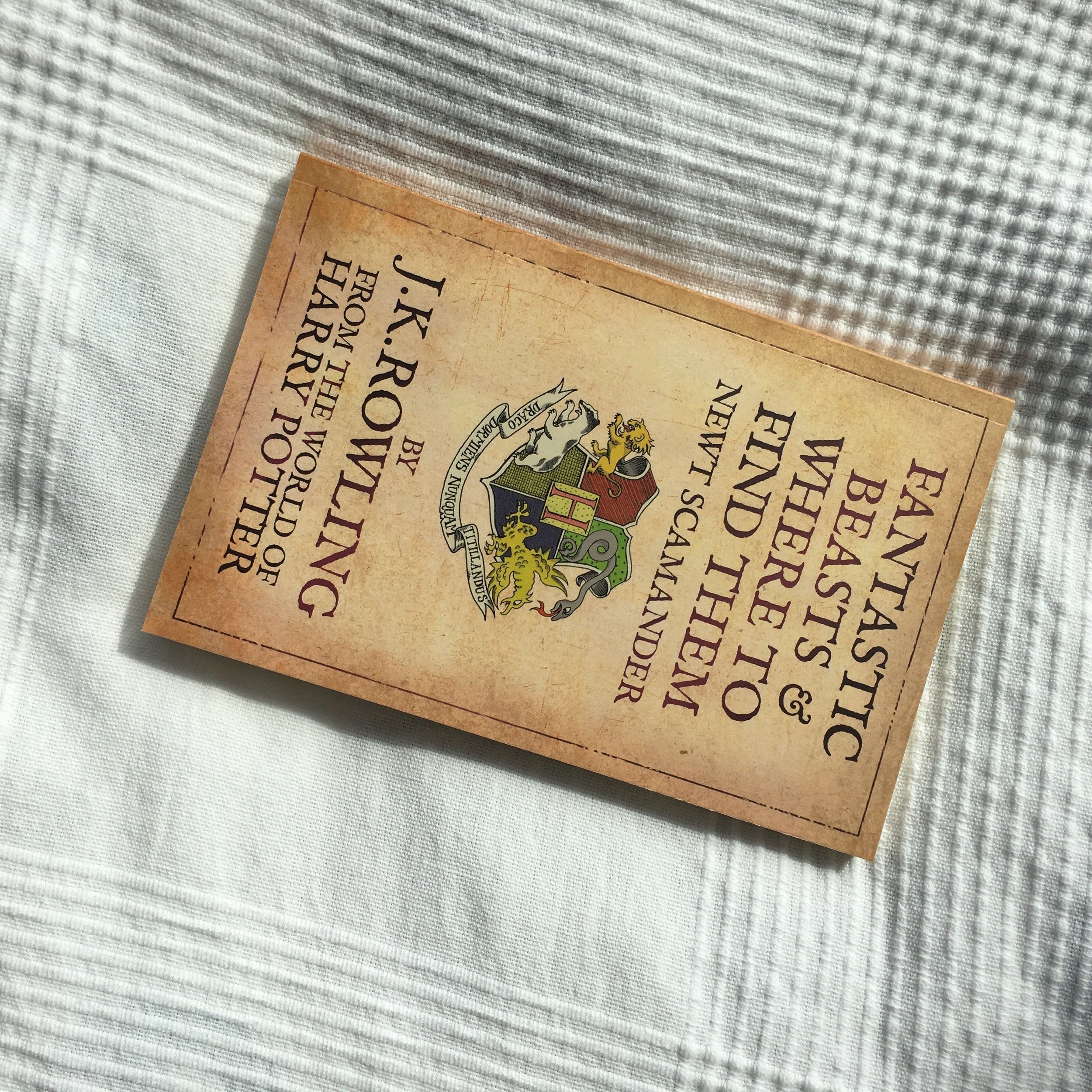 I picked this book up as I wanted to have some sort of basic knowledge of what the movie is going to be about (this book was also my pick for BookTube-A-Thon readathon). I don't know why I expected it to be helpful, but it is really not. I haven't watched the trailer (just bits) but what I have seen gave me an idea about the movie. You don't need to read the book to watch the movie - I can tell this right off the bat. I did enjoy the book but since it is written as a textbook, it is no way as entertaining or engaging as Harry Potter books.
I picked this book up as I wanted to have some sort of basic knowledge of what the movie is going to be about (this book was also my pick for BookTube-A-Thon readathon). I don't know why I expected it to be helpful, but it is really not. I haven't watched the trailer (just bits) but what I have seen gave me an idea about the movie. You don't need to read the book to watch the movie - I can tell this right off the bat. I did enjoy the book but since it is written as a textbook, it is no way as entertaining or engaging as Harry Potter books. Let me start with saying that I really enjoyed this book (in some ways more than I expected), even though it is your typical "in love with your best friend/high school/coming of age/figuring things out" type of story. I have read too many of those and only because it was by both authors that I read and enjoyed previously, I picked it up. (And also because it was my pick for BookTube-A-Thon readathon.)
Let me start with saying that I really enjoyed this book (in some ways more than I expected), even though it is your typical "in love with your best friend/high school/coming of age/figuring things out" type of story. I have read too many of those and only because it was by both authors that I read and enjoyed previously, I picked it up. (And also because it was my pick for BookTube-A-Thon readathon.)